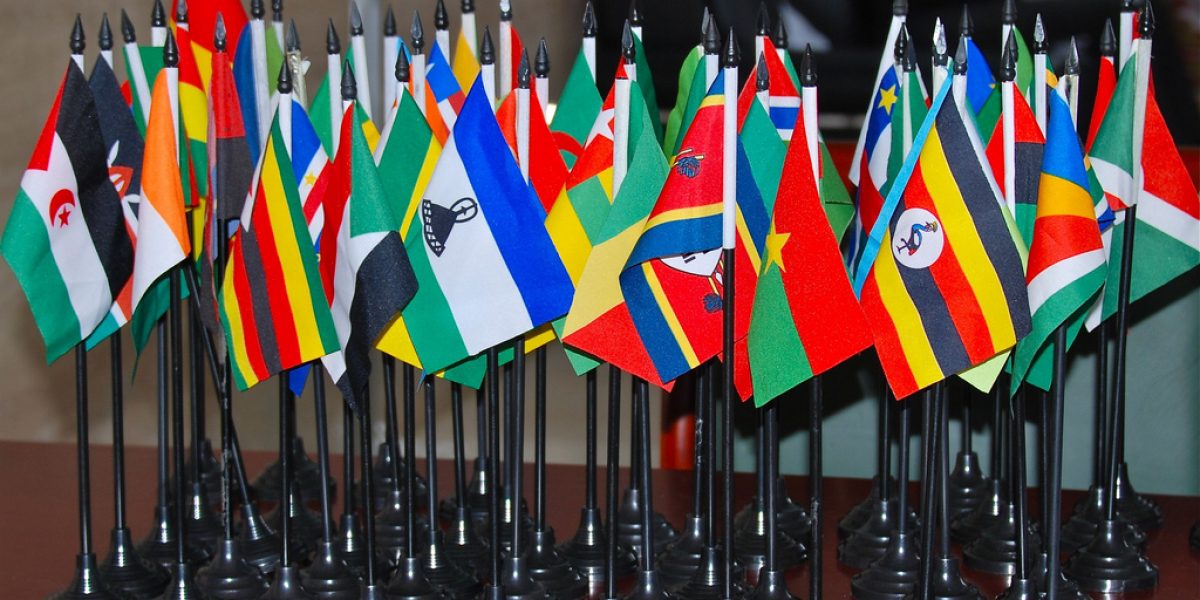The intention was to identify problems and find solutions to them. Unfortunately, Nepad has done a far better job identifying problems than building either the compass or capacity to solve them. Putting the continent on a sustainable upward growth curve requires making difficult decisions about what should come first.
To identify a sharper set of priorities that will accelerate African development, eAfrica conducted an extensive dialogue with 56 business organisations across the continent and compared what emerged with the findings of five new or recent studies examining the impediments to business growth in Africa.
An important consensus emerged: Corruption, the rule of law and neglect of infrastructure are primary business concerns, but they are not top priorities for many governments. Of the organisations interviewed by eAfrica, 52% reported that it was necessary to pay bribes to open a new business; 51% reported electricity failures at least once a week, with 1 in 8 citing daily blackouts. It’s pretty hard to be competitive these days with a hand-crank cotton gin.
As 2004 gets under way, there is cause for cautious optimism. Peace deals are holding or coming together in Sierra Leone, Liberia, Côte d’Ivoire, Democratic Republic of Congo, Burundi and Sudan. Even beleaguered Somalia is cutting a path out of anarchy. Parliamentary and presidential elections in South Africa, Malawi and a raft of other countries hold the promise of making democracy a tradition.
But peace accords and polls come with no guarantees. For Africa to move forward, the continent’s chief architects must recognise what business is telling them: Prosperity may be the first fruit of stability, but in Africa stability is dependent on prosperity. Years of conflict destroyed industry in many African states. Many of the continent’s best managers, engineers, doctors and other vital professionals have left.
It is time to stoke the engines of growth. Give business what it needs to pull the continent: property rights, honest courts, streamlined regulations, access to credit, a dependable power grid. Industry and human capital are the building blocks of stability. Without them, Africa lives under the constant threat of conflict and enduring marginalisation.In the following pages, we identify 10 growth-oriented priorities that Nepad should set, and the arguments why.








